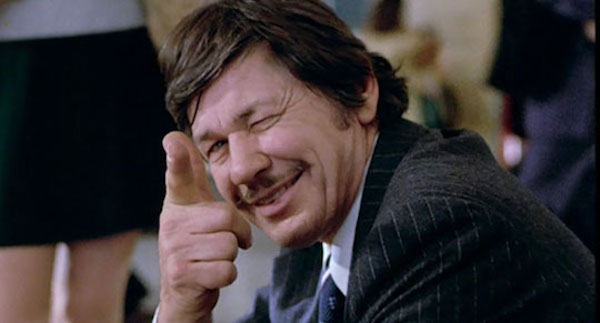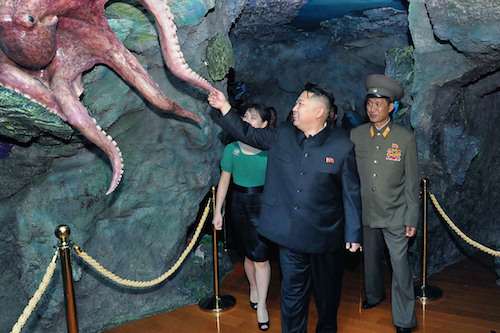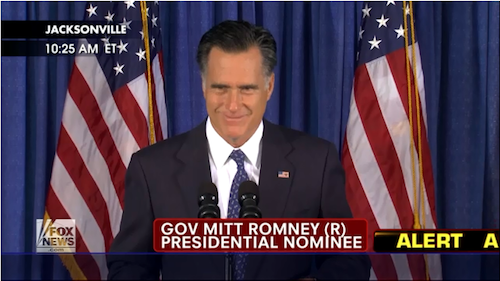Maybe the hardest thing to believe in the movie version of Death Wish is that Charles Bronson is an architect. The protagonist of Brian Garfield’s 1972 novel is an accountant. The natural advantage of the novel lies in rendering interiority, and interiority is where Garfield’s book lives. Most of the film Death Wish is Bronson shooting muggers and avoiding detection by the police. In the novel, Paul does not kill until the last 50 pages or so. In the meantime, he experiences himself losing his mind.
After his wife and daughter are attacked by teenage hoodlums—fatally, for his wife, and so traumatically for his daughter that she slips into catatonia—Paul Benjamin is profoundly alone. A lifelong liberal, he finds himself brooding on crime and punishment in his empty apartment. At rare dinner parties or during more frequent conversations with his coworkers and son-in-law, he gets in arguments, finding that the prevailing consensus on New York City in the 1970s—that crime is a social disease rather than the responsibility of individual criminals, who would be better citizens under better economic conditions—suddenly enrages him. This transformation in his thinking reflects the adage that a Republican is a Democrat who has been mugged. Paul expresses a variation on this idea to his son-in-law, a left-leaning attorney who is comparably bereaved but nonetheless horrified by the change in Paul’s beliefs.
This difference in how Paul and Jack react to the same crime engages the fundamental theme of the story. Death Wish has been called a meditation on fascism, and that reading certainly stands up. Paul’s progress from urbane CPA to night-stalking murderer reminds us that fascism lies adjacent to the upper middle class. Invariably, it’s the rich who implement actual fascist government, but it’s the professionals and small business owners who support it. This reading concludes that what people think of as their deeply held political beliefs are actually products of their circumstances. Paul turns out to be one violent crime away from pursuing the death penalty for muggers. His friends, who sympathize with his tragedy but haven’t experienced it themselves, remain righteous liberals.
But Jack does experience the same tragedy, and it does not turn him into a right-wing vigilante the way it does Paul. Here lies the counterpoint. If people’s political views are merely the product of their circumstances, why doesn’t Jack go off the deep end, too? The difference between his and Paul’s reactions suggest that the individual is responsible for his own political views—and, by extension, his choices—after all. Applied as a universal principle, however, this idea is the one Paul disastrously fails to resist. He kills because he embraces an ethic of individual responsibility and takes it too far. The muggers and car thieves he guns down on the streets of New York are not absolved of their crimes by circumstance or broad socioeconomic theories. In the end, each is responsible for the crimes he commits.
The tension between forgiveness and responsibility, broad trends and individual choices, is what powers the novel. Paul gives in to the violent urges that dominate his thinking after his wife’s death, even as he consciously turns against a society that forgives criminals for giving in to the violent urges it instills in them. Paul should be a thoughtful man. He should be able to process his own suffering without taking it out on others. He turns out to be as much an animal as anybody else in 1970s New York, albeit with stronger fan support among the police.
The detail of this novel—both in its narration of Paul’s unraveling and in its oddly close look at accounting—make it a more satisfying experience than the film (which, for the record, I also liked.) Death Wish the Book also gets high marks for its authentic portrayal of violence. Paul is scared and acting blindly during pretty much every action scene, and his first confrontation with a teenage mugger is among the most accurate depictions of street violence I’ve read. The pace is slow at the beginning and hurtling by the end, which gives the reader just enough time to consider the themes without getting sick of them.
Death Wish loses points for giving all of its characters bland, interchangeable names: Paul, Jack, Sam, Henry, Bill, George. A comical number of these people’s last names are also first names, so that everyone except Paul and his son-in-law fades into a uniform paste of dudes. Maybe this effect is intentional, but I found it irritating. This half-assed naming is probably the fault of Garfield’s virtues as a pulp writer, however, and its flip side is brisk plotting and a lean story. Take three days to read this one and three weeks to think about it.
50 Books in 2018 is a recurring feature. Next I’m reading On Being Blue by William Gass.




